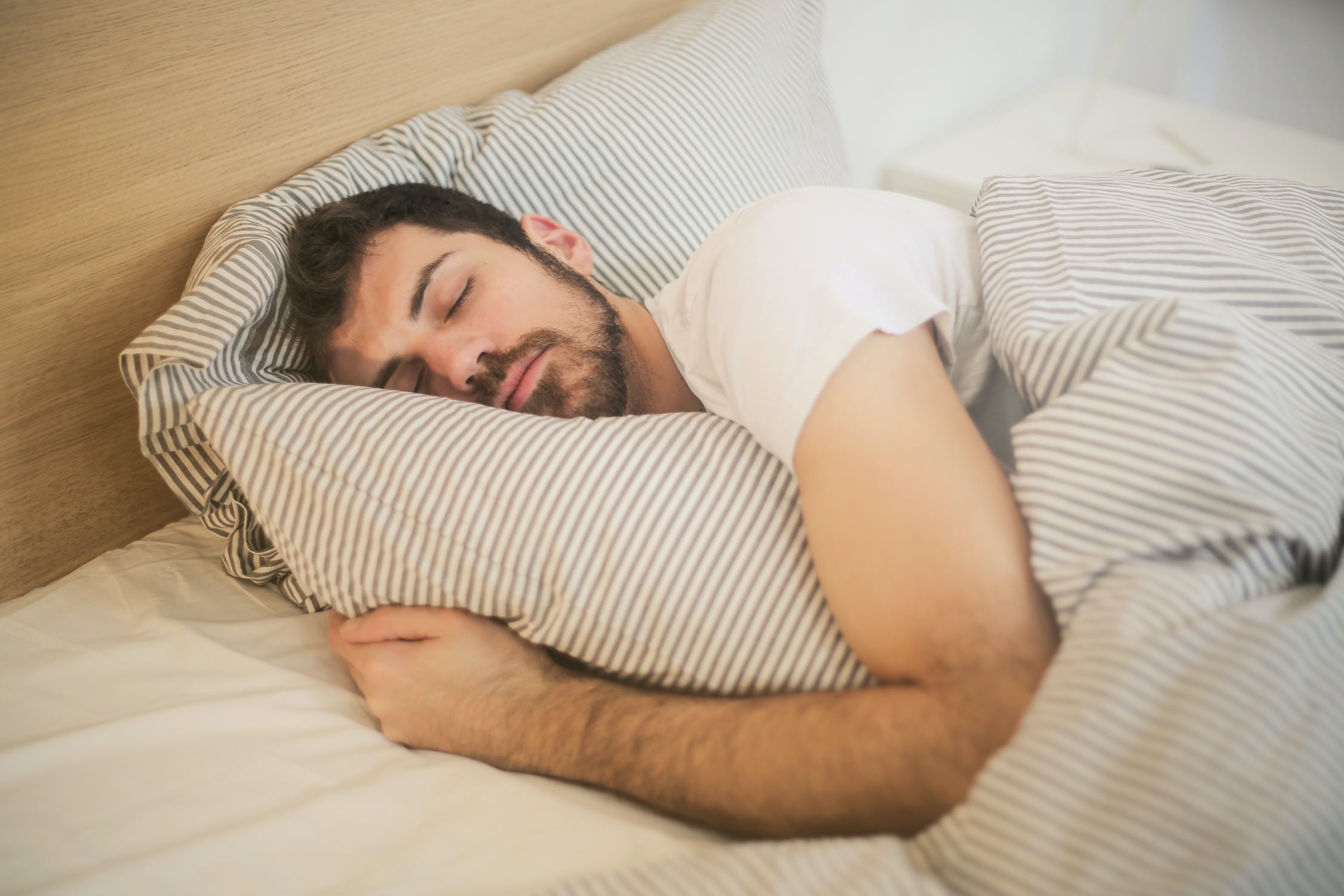Quality sleep is just as fundamental for your health and wellbeing as good food and exercise. Sleep is undoubtedly the best cure for any stress you are lugging around with you. Sleep is the time your heart and mind are at peace and ease. Sleep deprivation is caused by a shortage of melatonin in your body which doesn’t just make you tired and cranky; it can also give rise to several health problems such as excessive weight problems and vulnerable immune systems. It negatively affects your usefulness and intellectual and psychological balance. Healthy melatonin gummies can help you overcome this problem. They are safe to use regularly even on a long term basis.
In contrast, a good night’s sleep positively affects your mental and physical health. Therefore, if you wish to optimize your health and lose weight, boost your immune system and creativity and improve your overall brain and heart health, you need to improve your sleep quality. Here are some ways which could help you get healthier sleep.
1. Avoid consumption of caffeine late in the day.
Caffeine is the most popular beverage consumed by approximately 90% of the population of the US. It is so effective that even a single dose enhances your energy enabling you to perform. Caffeine is a stimulator that stops your body from relaxing when consumed late in the evening. Studies show that consuming caffeine 5 to 6 hours before bedtime remarkably declines the quality of your sleep. Sensitivity towards caffeine and consuming large amounts of it give you sleep troubles. If you have to drink coffee late in the evening, opt for decaffeinated coffee.
2. Avoid eating large meals late in the evening.
Late-night snacks might be a lot of fun occasionally, but they harm the quality of your sleep. A meal should be taken at least three hours before you go to bed. Studies also show that a high carb meal way before bedtime helps you fall asleep faster. Large meals before bedtime can also disrupt hormones besides giving you poor sleep.
3. Plan a sleep schedule
To feel much better after you wake up:
- Plan a sleep-wake schedule and stick to it.
- Go to sleep simultaneously every day so that your body recognizes its natural sleep-wake cycle. If you keep up a regular schedule, you wouldn’t even need an alarm clock and your body’s biological clock would wake you up.
- Try to stick to your schedule even on weekends, and you would feel your senses revitalized.
4. Avoid irregular daytime naps.
Although napping for about half an hour in the daytime improves brain functionality, it could confuse your inner clock if you take irregular naps. It negatively affects your nighttime sleep. Keep your daytime nap numbers down to just one or two for a duration of less than half an hour.
5. Avoid drinking alcohol at night.
Alcohol intake, especially near your bedtime, may disturb your sleep. Studies show that alcohol consumption before bed reduces natural melatonin production in your body during the night, thus muddling your sleep pattern.
6. Increase sunlight exposure during the day
Try to incorporate as much outdoor time as possible during your day. You could do this by waking up early and taking your meals outside. Take a walk regularly and exercise outdoors to maximize sunlight exposure. Be sure to keep your curtains or blinds open to let the sun enlighten your mind and soul. You could also move your work desk closer to the window.
7. Avoid the use of a screen near your bedtime.
Your cellular device, tablet, television and computer emit blue light which is disruptive for your sleep patterns. Try avoiding them completely but if you must, keep the brightness down and minimize use.
8. Make your room dark before going to sleep.
Exposure to light stops the production of melatonin in your body which interferes with your sleep-wake cycle. Use heavy curtains or shades to block outside light from entering. If you must install a night light, try setting it up in the hallway or the bathroom. Also, cover up the electronics that emit light.
9. Ensure your bed is comfortable before sleeping
There should be enough space on your bed to allow you to sprawl out easily. Use comfortable bed covers so that you do not wake up aching all over. Find the right combination of mattress firmness and cozy pillows to support a night of quality sleep.
10. Plan a regular exercise schedule and stick to it
Regular exercise helps you sleep better at night. It improves the quality of your sleep to a great extent. Exercise will also make you more alert and active in the day; this, in turn, would improve your insomnia during the night. It is very important to stick to an exercise regime and be regular. Exercise relaxes your nerves and promotes prolonged deep restorative sleep.
11. Avoid excess sugar and refined carbs intake.
Eating a lot of refined carbohydrates and sugar triggers your wakeful hormones which cause you to lose sleep during the night. Refined carbs include white bread, pasta, white rice, etc. An abundance of sugar consumption messes with your sleep, too as it leaves your body craving for more. According to a study conducted in 2016, people who consume more sugar tend to sleep less deeply and restlessly.
